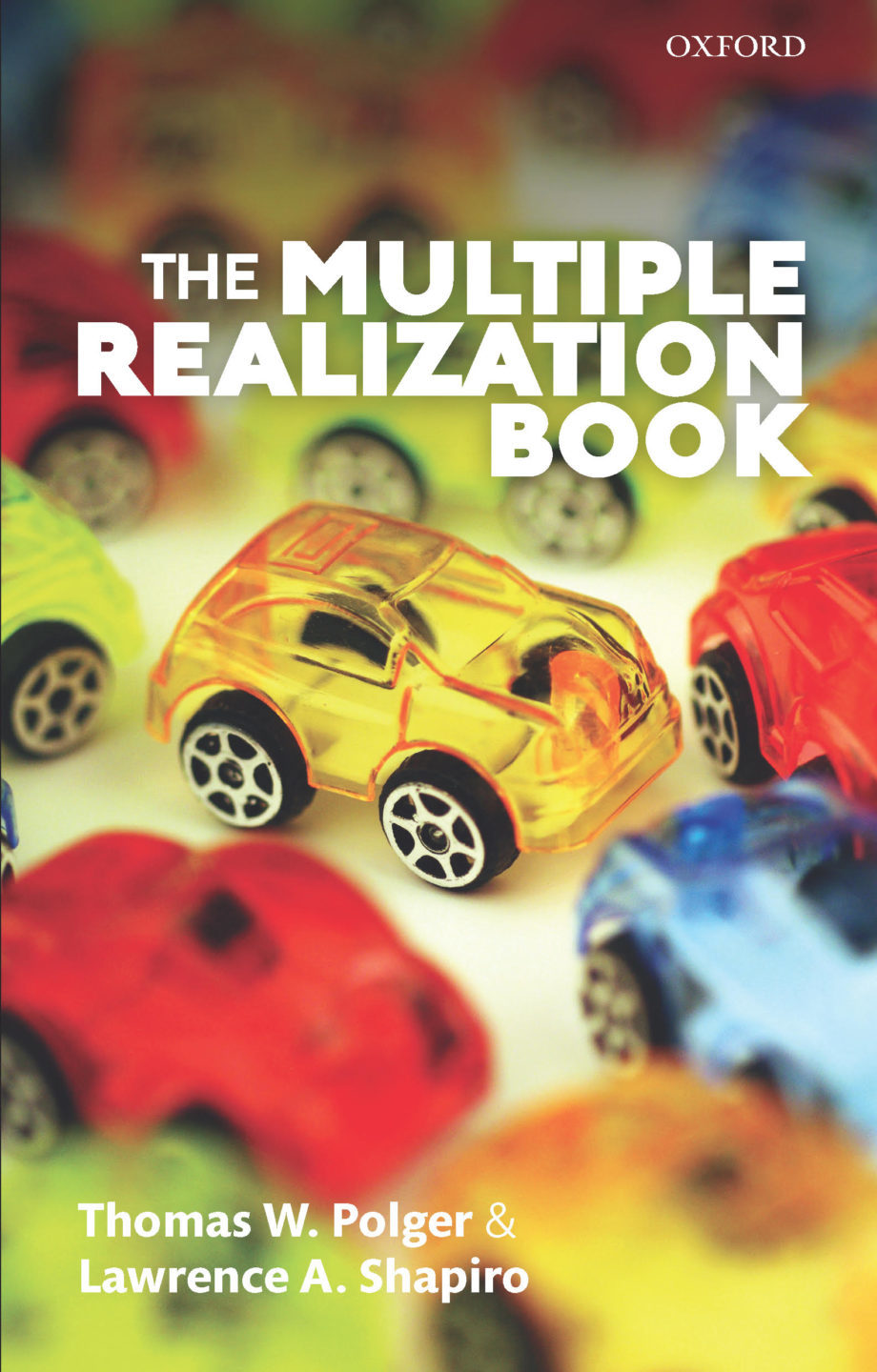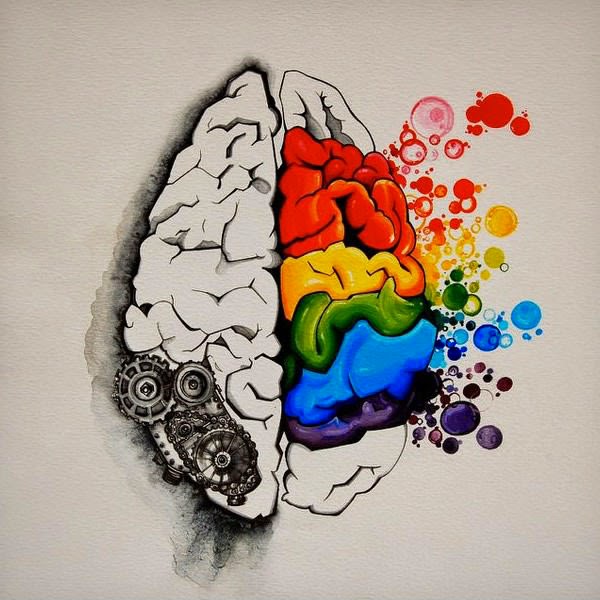2. Psychological and Computational Models of Sentence Processing
Last time, I argued that there are substantive open questions about whether the theoretical constructs of formal linguistics play any role in the psychological processes underlying language use. Let’s now address those questions. When people talk about “the psychological reality of syntax”, there are (at least) two importantly different types …







